
Gastritis is rarely caused by food. Helicobacter pylori infection is the most common cause of gastritis. Some meals, on the other hand, can increase symptoms by irritating the stomach lining, whereas others can alleviate discomfort and even help treat the painful disease.
We looked into which foods are the most healthy to eat if you have gastritis, as well as which foods you should avoid.

Gastritis is a condition in which the stomach lining becomes inflamed or irritated. It can appear without symptoms at times, but when it does, the symptoms can be rather unpleasant, including abdominal pain and bloating, nausea, indigestion, and a loss of appetite. If H. pylori-induced gastritis is not treated, it can develop into ulcers and potentially stomach cancer.
If you have gastritis, you can eat the following foods:
High-fibre foods
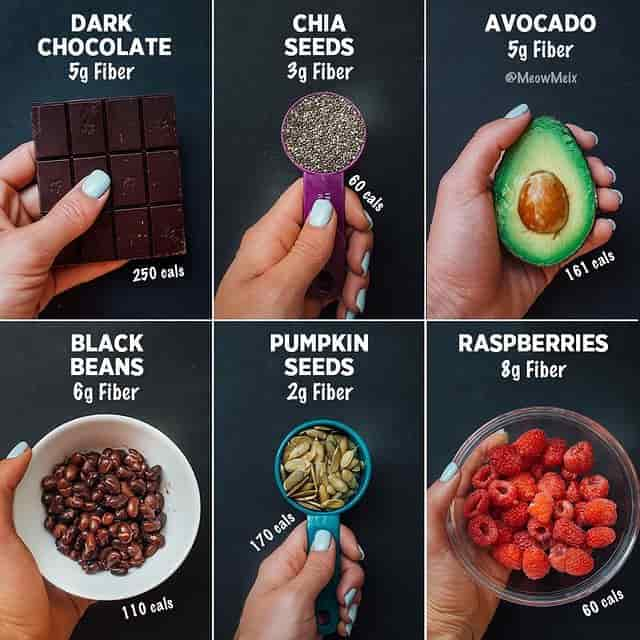
Because high-fibre foods like nuts and seeds, legumes, berries, and green vegetables are good for the digestive system, it’s no surprise that a gastritis diet includes plenty of them. Broccoli is particularly beneficial to stomach health because it contains high quantities of sulforaphane. This chemical kills the H. pylori bacteria in addition to being a rich source of fibre.
Foods rich in healthy fats
While fatty foods aren’t the ideal choice for people who have gastritis, foods high in healthy fats are an exception. Salmon, sardines, walnuts, and chia seeds are high in omega-3 fatty acids, which assist to reduce stomach lining inflammation and even prevent H. pylori-induced gastritis and other gastrointestinal illnesses. Avocados, olive oil, and various nuts and seeds are also good sources of healthful fats.
Probiotic foods and drinks
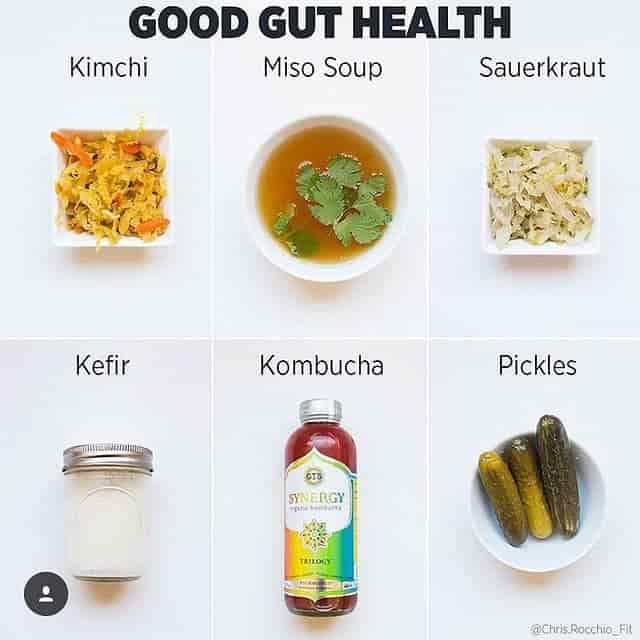
Probiotics including yoghurt, kefir, kimchi, kombucha, and sauerkraut can aid with gastritis in a variety of ways. First, because they are bacteria (the good sort), they compete with H. pylori for space and food, reducing its burden. Second, they assist your immune system fight disease by boosting it. Finally, they improve the gut’s ability to absorb the nutrients required for a full recovery.
Foods rich in lean protein
Protein aids in the repair of the stomach lining damage caused by gastritis. Proteins, on the other hand, are not all created equal. When you have gastritis, you should choose lean proteins because the fat in animal products (with the exception of omega-3-rich fatty fish) might aggravate the illness. Chicken and turkey breast, egg whites, tuna, and beans are all good sources of lean protein.
Antibacterial and flavonoid-rich foods
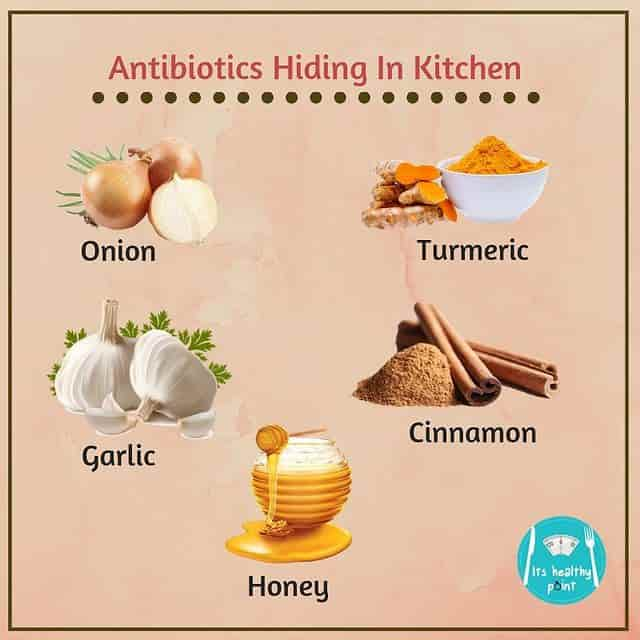
Because H. pylori is a bacteria, it’s only natural to combat it with an antibacterial. Flavonoids have antibacterial characteristics, preventing the growth of a variety of microorganisms, including Helicobacter pylori. Flavonoids are abundant in garlic, onions, cranberries, and celery. Honey, ginger, and turmeric are among other antimicrobial foods.
Vegetable drinks
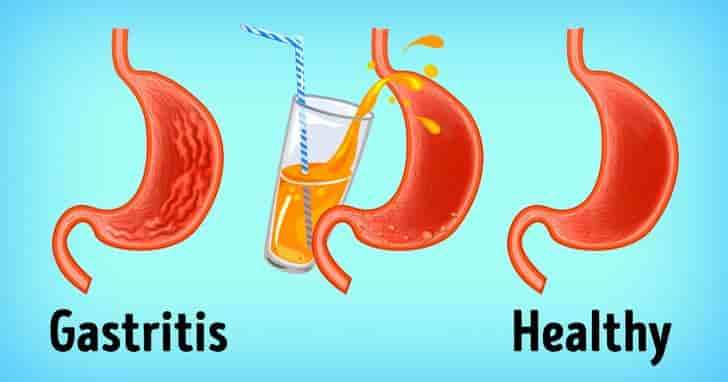
While fruit juices aren’t suggested for persons with gastritis (because to the high levels of sugar and acid, as well as the lack of fibre), some vegetable juices and smoothies are. Potato juice, for example, is high in antioxidants and can help with stomach pain. Pumpkin juice, in addition to being high in nutrients, can help the stomach lining heal faster by lowering gastric acidity.
Here are some foods it’s best to avoid if you’re suffering from gastritis:
Acidic foods and drinks

Some meals and beverages that produce increased acidity in the body are a no-brainer. Everyone knows that cola and too much sugar are terrible for you, and that citrus fruits and liquids are acidic, right? However, not everyone is aware that even seemingly harmless meals can irritate the stomach lining. Coffee, cereals, and even generally nutritious and antioxidant-rich tomatoes are all acidic, and their consumption can exacerbate the disease.
Fried and fatty foods
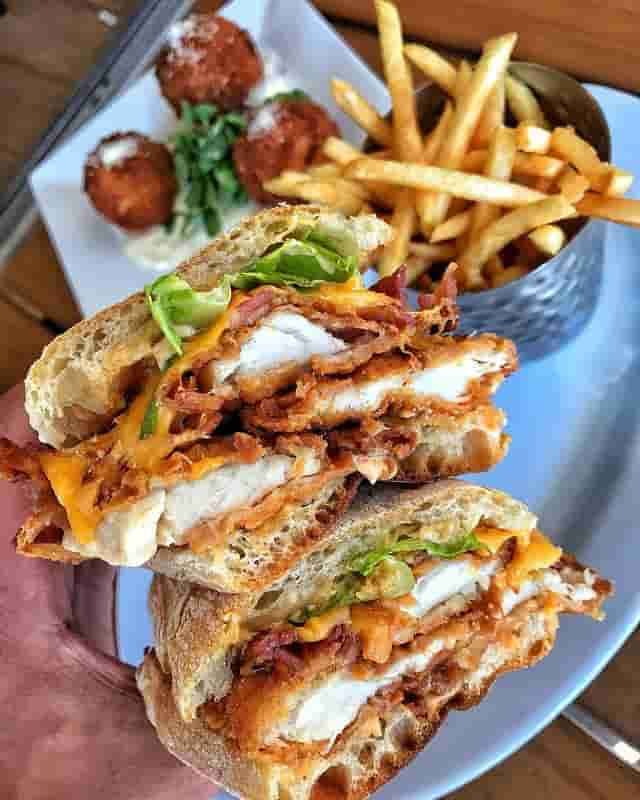
High amounts of cholesterol found in fried and high-fat foods have been related to an increased risk of gastritis, making it one of the few occasions where diet has been proven to cause the condition. Naturally, if you already have gastritis, you should avoid these meals to keep the condition from worsening.
Carbonated drinks
To reduce the painful symptoms of gastritis, it’s normally advised to avoid all carbonated beverages. Soda is, without a doubt, the worst offender in this category, with its high acidity and sugar content making it one of the unhealthiest drinks on the market. Although sparkling water appears to be healthful, it is not good for your stomach: when you take a sip, carbon dioxide converts to irritating carbonic acid, which gives sparkling water its “bite.”
Spicy and heavily seasoned foods
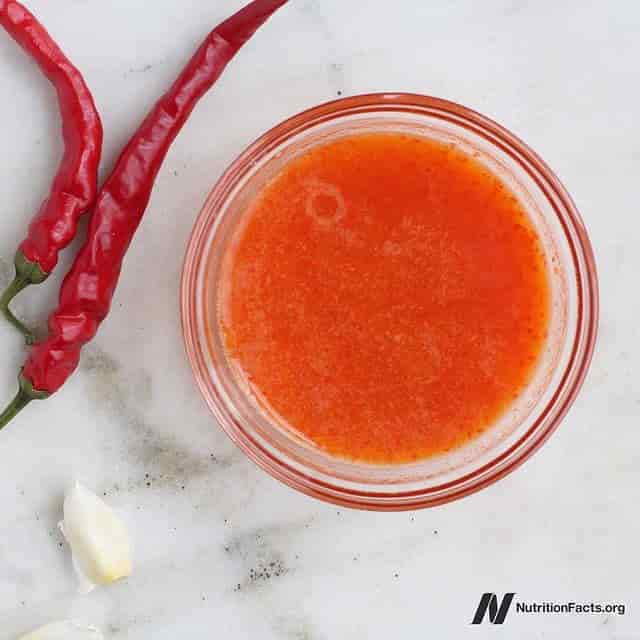
Spicy foods and seasonings like hot peppers, wasabi, horseradish, and mustard add “flame” to an already irritated stomach, making the agony worse almost instantaneously. It’s crucial not to rule out seasonings entirely, as some can be very helpful in the treatment of gastritis. Cinnamon, turmeric, and ginger, among other spices, have been shown to fight germs.
Alcoholic Drinks | Gastritis From Alcohol

Because one of the causes of gastritis is alcohol drinking, it’s critical to avoid (or at least limit) alcohol consumption if you have gastritis. Alcohol irritates and even erodes the stomach lining, exposing it to acids and preventing it from healing.
What Is Alcoholic Gastritis?
Gastritis is an inflammation or wear and tear of the inside lining of your stomach. People refer to gastritis caused by alcohol usage as “alcoholic gastritis.”
You can reduce your risk, and doctors can help swiftly alleviate some symptoms. If your gastritis is brought on by heavy drinking, treatment may include reducing or stopping alcohol use.
Causes of Alcoholic Gastritis
Numerous factors may contribute to gastritis. Spicy food consumption, smoking, stress, autoimmune illnesses, bacterial or viral infections, trauma, pernicious anaemia (when your stomach has issues absorbing vitamin B12), and surgical reactions are just a few of them.
Too much and too frequently drinking can result in alcoholic gastritis. Your stomach’s lining may progressively get irritated and eroded by the alcohol. Gastritis symptoms are triggered by this.
Gastritis Symptoms may include:
- mild upper abdominal pain.
- tiredness.
- anaemia.
- loss of appetite.
- stomach irritation.
Processed foods and fast food

Fast food contains preservatives and artificial flavourings that might irritate the stomach, in addition to being often fried and deep-fried. Excessive consumption of monosodium glutamate, which is contained in most of these foods, can lead to gastritis and other stomach diseases.
Non-steroidal anti-inflammatory drugs
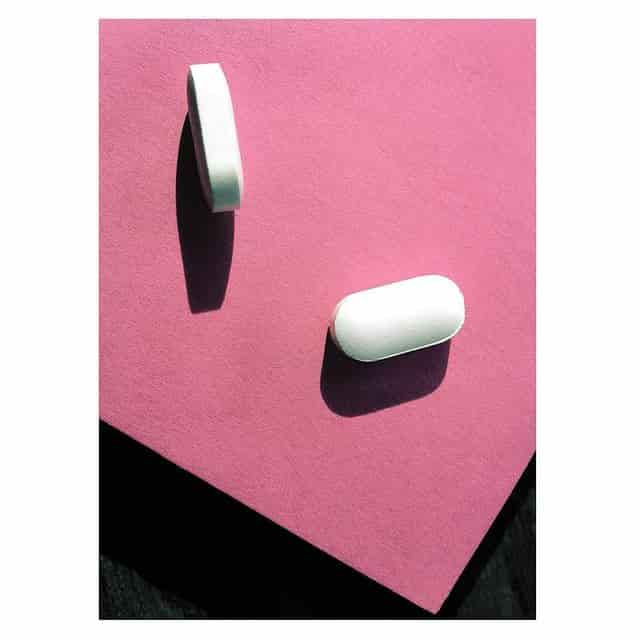
Although non-steroidal anti-inflammatory drugs (NSAIDs) such as aspirin, ibuprofen, diclofenac, and naproxen aren’t strictly meals, they deserve to be included in this list because they are one of the most common causes of gastritis. They have the same effect on the stomach lining as alcohol and, like alcohol, should not be used during the treatment of gastritis.
Gastritis Home Treatment
Here are some straightforward suggestions if you’re wondering how to treat stomach issues at home:
- Drink plenty of water, include lemon juice in your diet, drink warm water, and use baking soda and lemon.
- Drinking a glass of cold milk, buttermilk, and mint juice also helps.
- You can also try drinking tea.
- A warm cup of fennel, chamomile, or ginger tea can help you solve stomach bloating, the root cause of gastritis.
- You should eat healthy meals. Include whole-grain foods, fruits, and vegetables in your diet.
- You can exercise more control over healthy eating by preparing meals at home whenever possible.
- Try to avoid fried and junk foods as much as possible.
- You should also aim to eat smaller meals. If you are used to eating larger meals, start breaking them up so that you eat smaller meals throughout the day. This can help curb abdominal pain and gastric problems.
Are you afflicted with gastritis? Do you have any suggestions for me? Please share them in the comments section!
